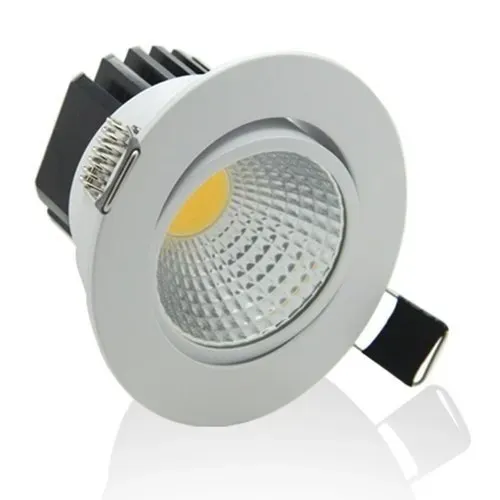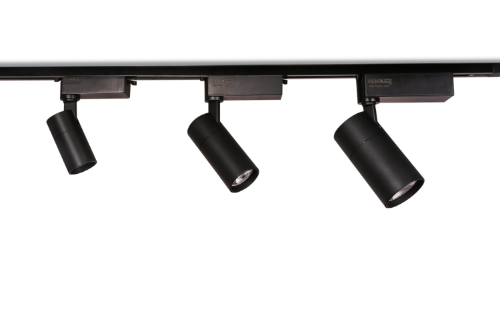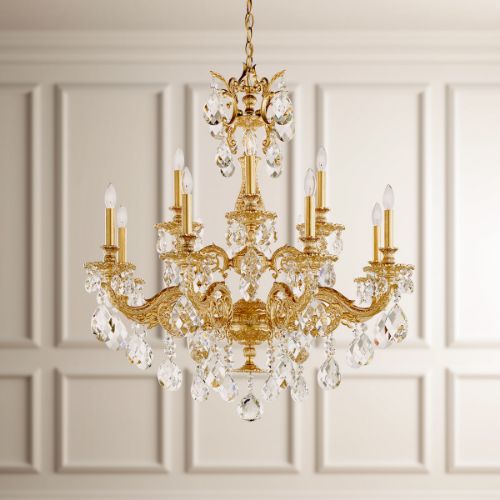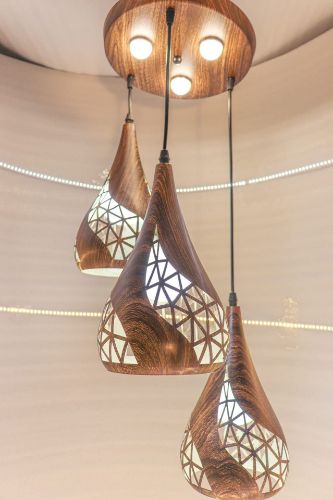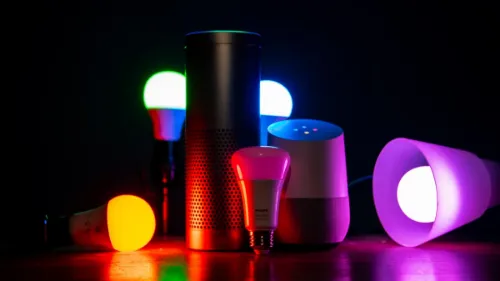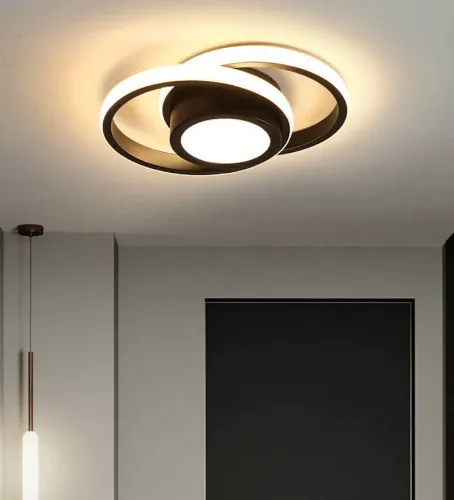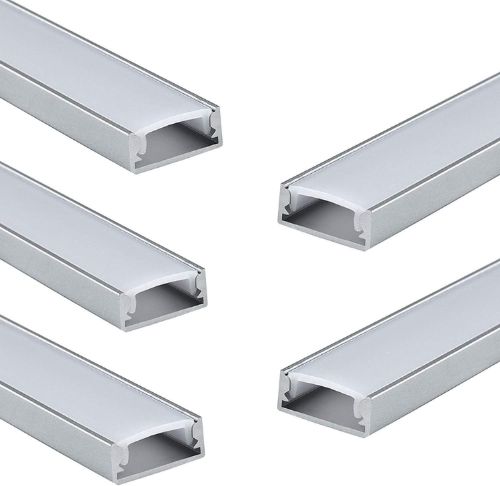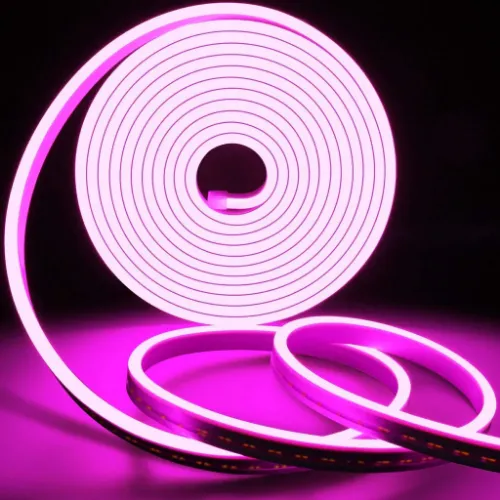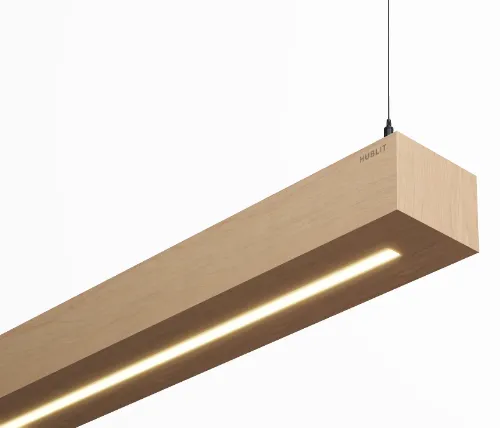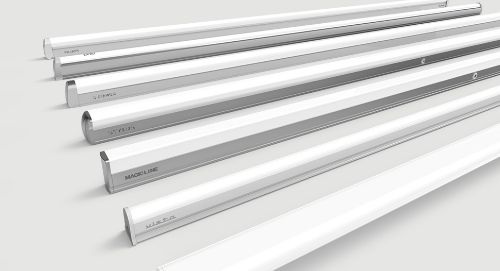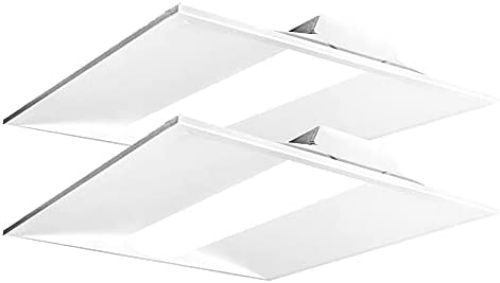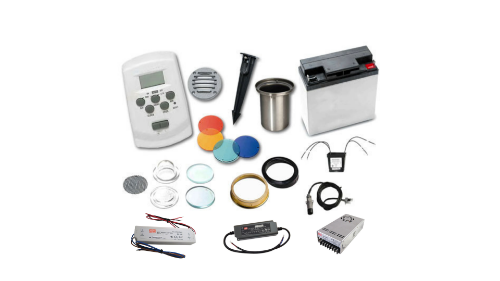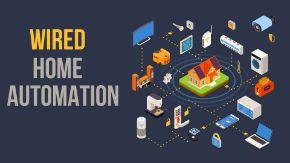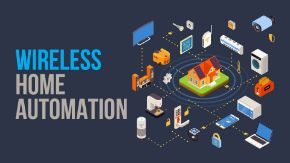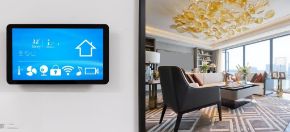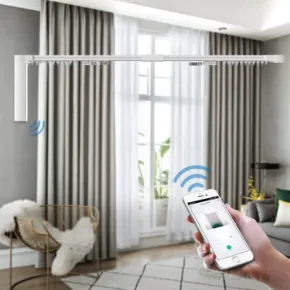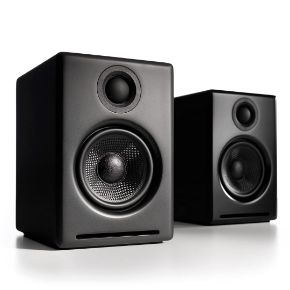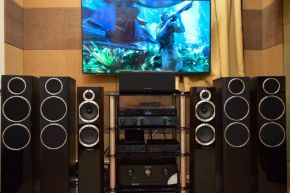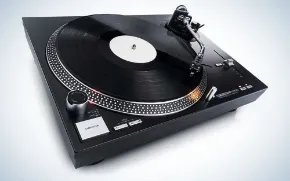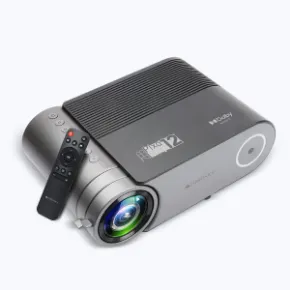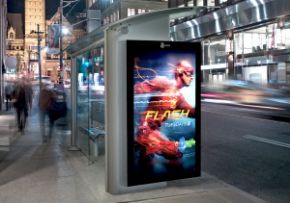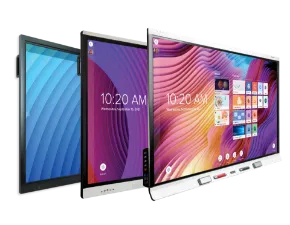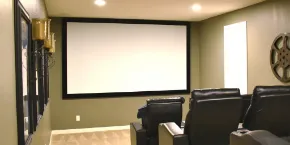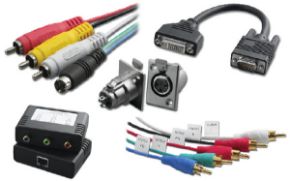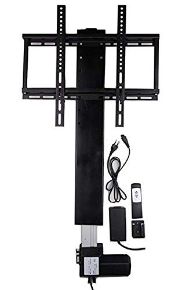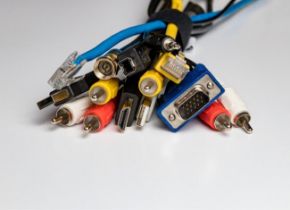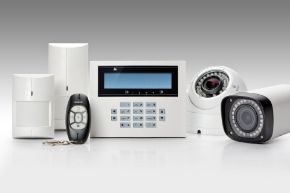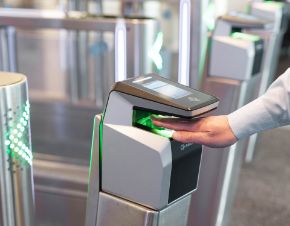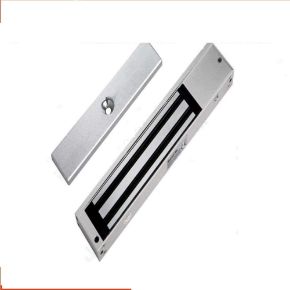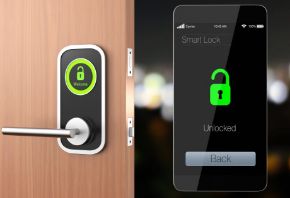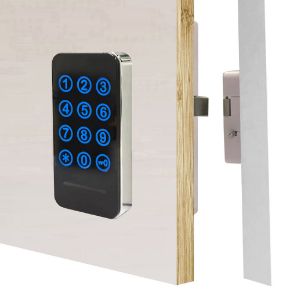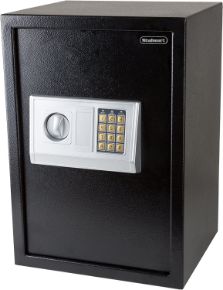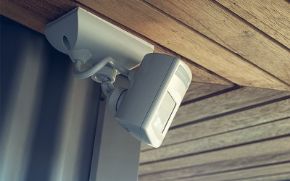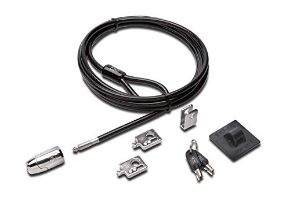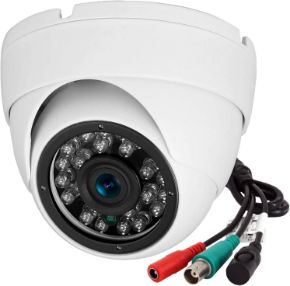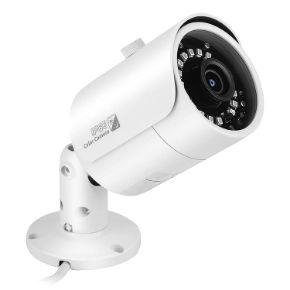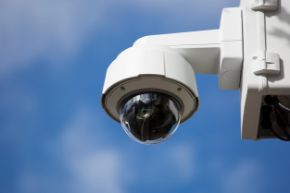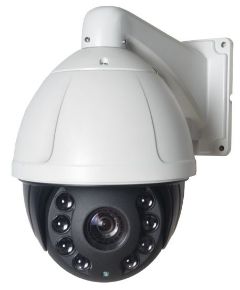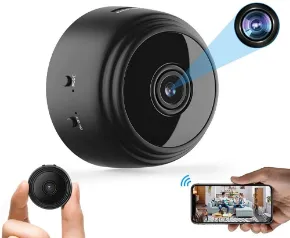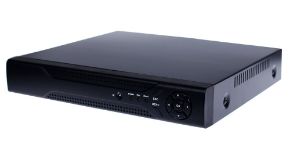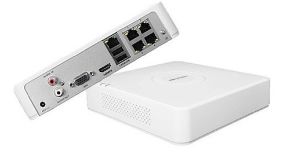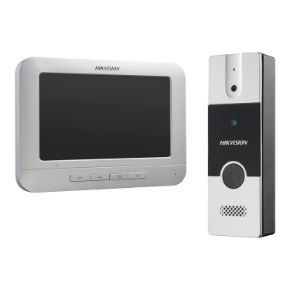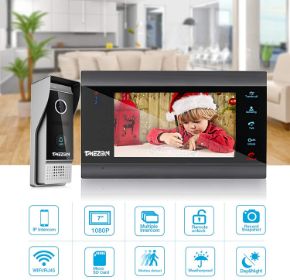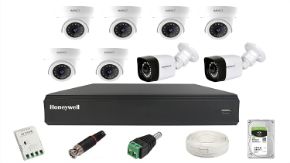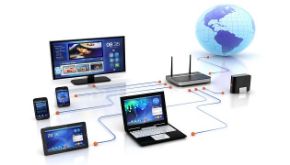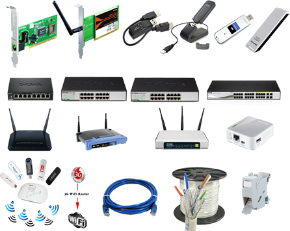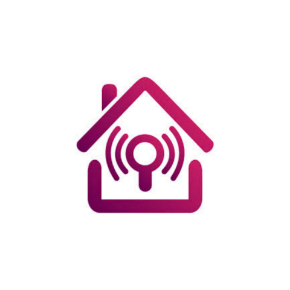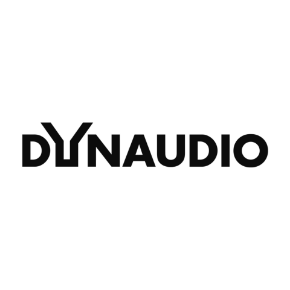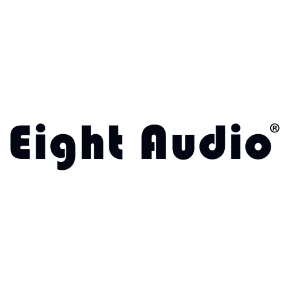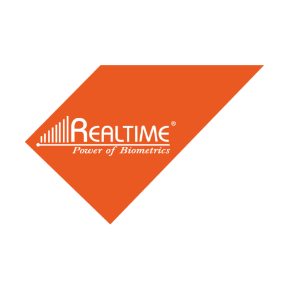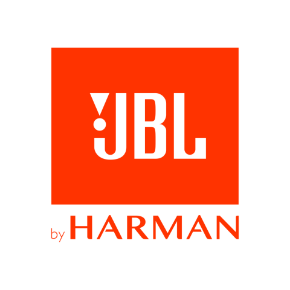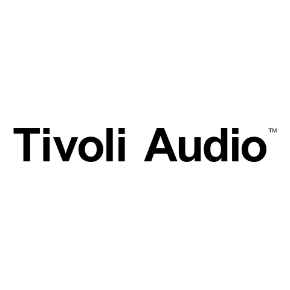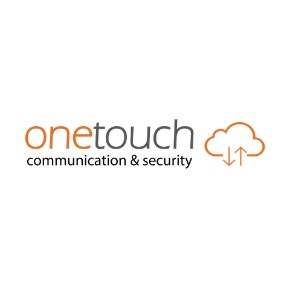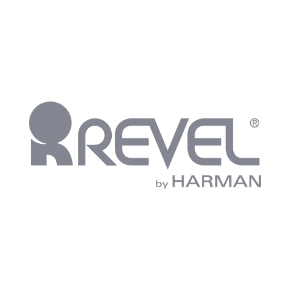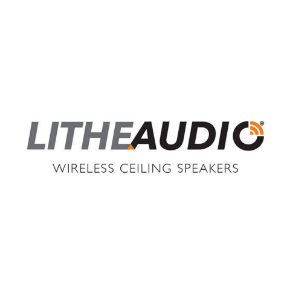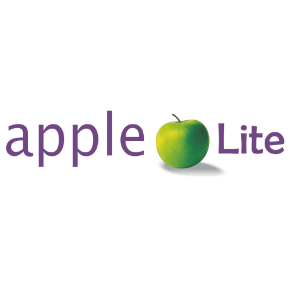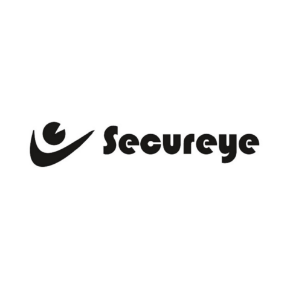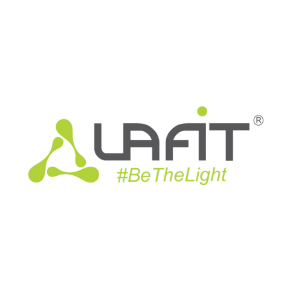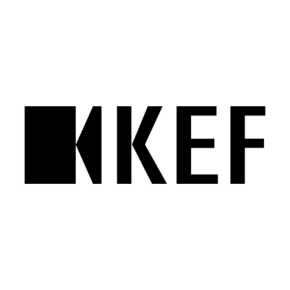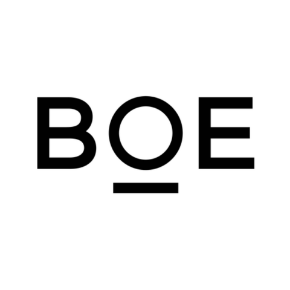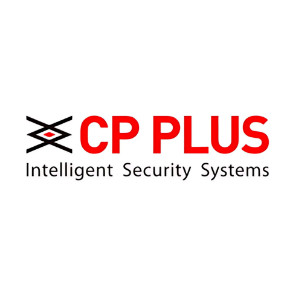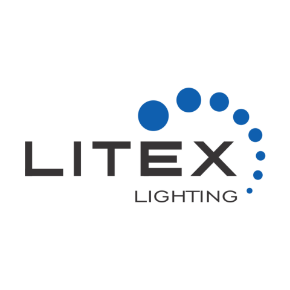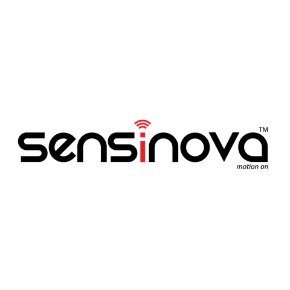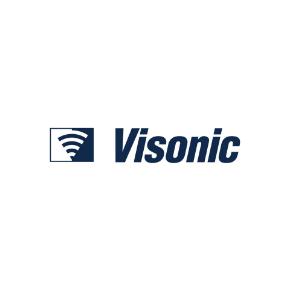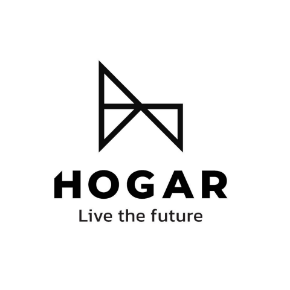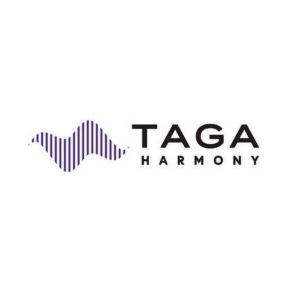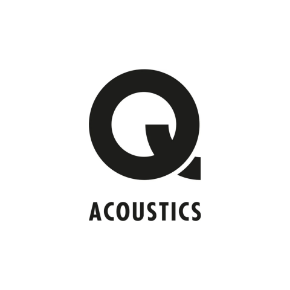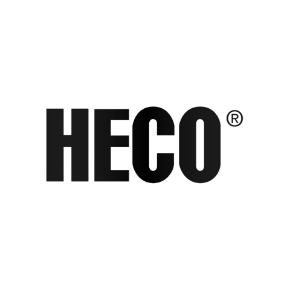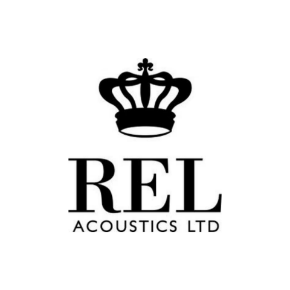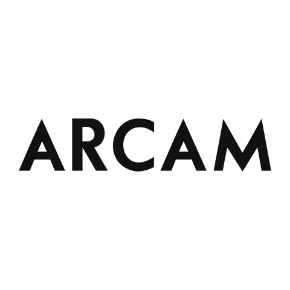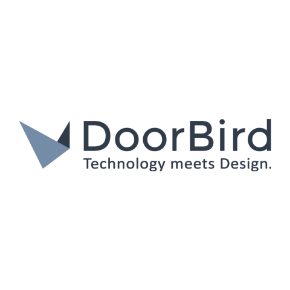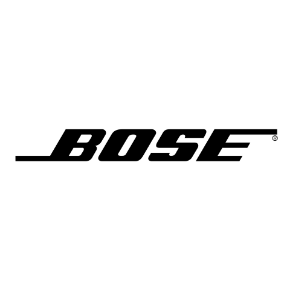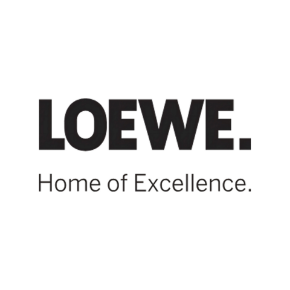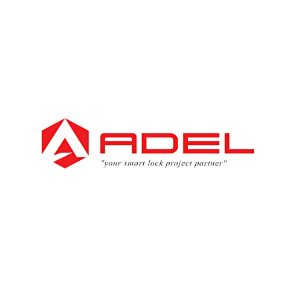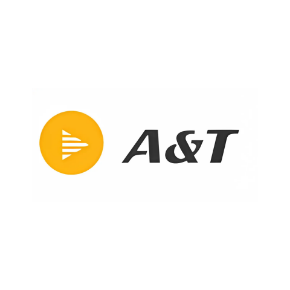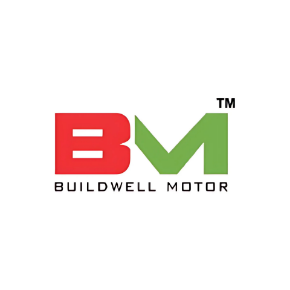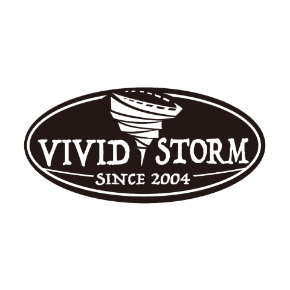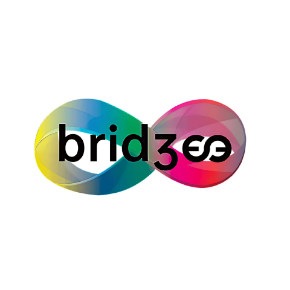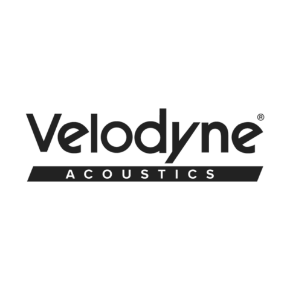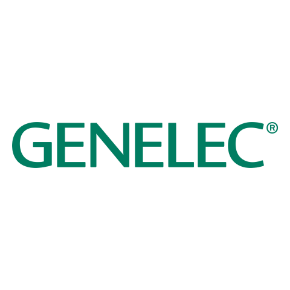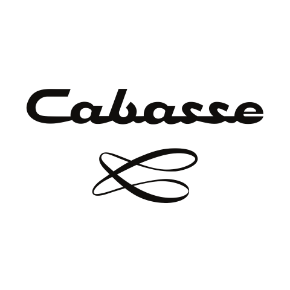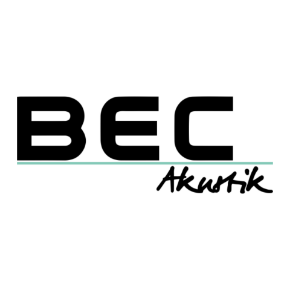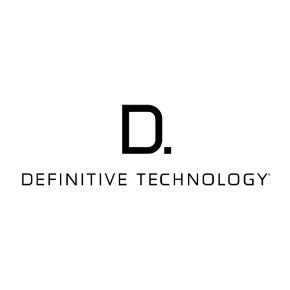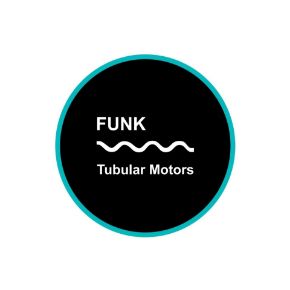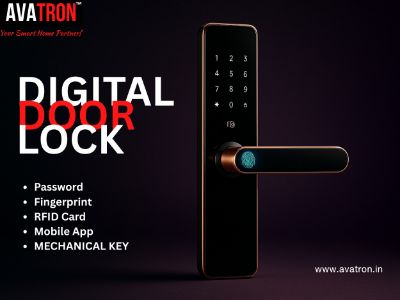In today's fast-paced, technology-driven world, the concept of a "smart home" is becoming increasingly prevalent. One of the essential components of a truly smart home is the humble smart lock. While traditional locks have served us well for centuries, the advent of smart lock technology has ushered in a new era of convenience, security, and control that every homeowner should consider.
In this comprehensive blog, we will delve into the world of smart locks, exploring what they are, who needs them, when you should consider getting one, and how they compare to traditional locks. We'll also take a closer look at the pros and cons of using smart locks, so you can make an informed decision about whether they are the right choice for your home.
What Exactly Is a Smart Lock?
A smart lock is a digital upgrade to your traditional deadbolt. Its digital locking mechanism replaces your physical key with authentication via apps, fingerprints, voice commands, or codes that can be controlled and managed remotely using a smartphone, voice assistant, or other connected device. Unlike traditional mechanical locks, smart locks utilize advanced technologies such as Bluetooth, Wi-Fi, or Zigbee cellular connectivity syncs with your phone or smart hub to allow users to lock, unlock, and monitor their doors from anywhere using an app.
Authentication Methods:
- Biometrics (fingerprint/facial recognition).
- PIN codes (temporary/permanent).
- Smartphone geofencing (auto-unlocks as you approach).
- Voice control (via Alexa/Google Assistant).
Remote Access: Lock/unlock from anywhere using an app.
Activity Logs: Track who enters/exits and when.
Unlike traditional locks, smart locks merge physical hardware with digital intelligence, creating a responsive, adaptable entry system.
Smart locks come in a variety of designs, from sleek, modern styles that seamlessly integrate with your home's aesthetic to more rugged, industrial-inspired models. Regardless of their appearance, the core functionality of a smart lock remains the same: to provide enhanced security, convenience, and control over who has access to your home.
Types of Smart Locks:
1. Retrofit Smart Locks:
Attach to your existing deadbolt on the inside. You can still use your regular key from the outside if needed.
2. Full Replacement Smart Locks:
Replace your entire locking mechanism. These often offer the most features—but may require professional installation.
3. Keypad Locks:
Use PIN codes, sometimes alongside other options.
4. Biometric Locks:
Unlock with a fingerprint or even facial recognition.
5. Bluetooth, Wi-Fi, and Z-Wave Locks:
Bluetooth locks connect directly to your phone; Wi-Fi and Z-Wave can be controlled from anywhere (with a hub).
Who Really Needs a Smart Lock? Probably You.
Smart locks aren’t just for techies. Smart locks can benefit a wide range of homeowners and renters, regardless of their lifestyle or living situation. Here are some of the key groups that can benefit the most from investing in a smart lock:
1. Busy Professionals: For those with demanding schedules, smart locks offer the convenience of being able to remotely unlock your door for family members, service providers, or guests, without the need to be physically present.
2. Frequent Travelers: Smart locks are particularly useful for individuals who travel frequently, as they can monitor and control access to their home from anywhere in the world, providing peace of mind and security.
3. Elderly or Mobility-Challenged Individuals: Smart locks can make life easier for those who struggle with keys or mobility. Voice commands or smartphone access mean you never have to fumble at the door.
4. Families with Children: Smart locks can be programmed to grant or deny access to specific individuals, making it easier to manage who has entry to your home, especially for children coming and going.
5. Homeowners with Rental Properties: For those who rent out all or part of their home, smart locks provide a way to manage access and monitor activity, without the need to physically hand over or collect physical keys.
6. Tech-Savvy Individuals: Smart home enthusiasts who are already embracing other connected devices and technologies will likely find the seamless integration of smart locks to be a natural and appealing addition to their smart home ecosystem.
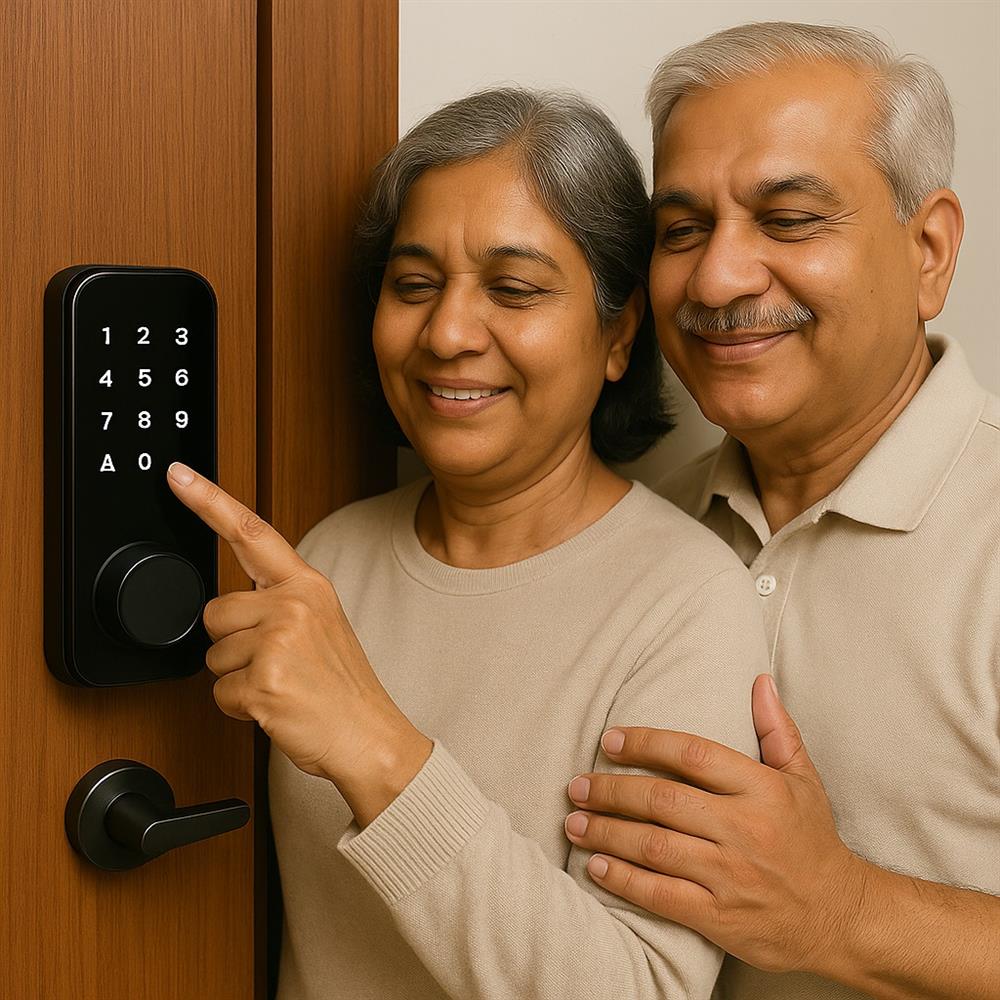
Take a moment to reflect: Which scenario matches your life? Could a smart lock solve a problem for you?
How Do Smart Locks Work?
With just a smartphone app, you can:
- Lock/unlock your door remotely
- Assign unique passcodes to family and visitors
- Receive real-time alerts and entry logs
- Integrate with other smart devices for full control
Some models offer geofencing — your door locks automatically when you leave and unlocks as you return. Sounds like luxury? It’s actually a smart convenience.
Smart Lock Features to Look For
Not all smart locks are created equal. Here are some features to consider:
- Backup Physical Key: For emergencies.
- Auto-Lock: Automatically locks after a set period.
- Door Sense: Notifies you if the door is left ajar.
- Tamper Alerts: Get notified if someone tries to force the lock.
- Integration: Works with Alexa, Google, Apple HomeKit, or other systems.
- Multiple Users: Create unique access codes.
- Research Brands: Look for established brands with solid security credentials.
- Check Door Compatibility: Measure your door and existing lock.
- Weather Resistance: Especially important for outdoor installations.
Is a Smart Lock Right for You?
Let’s make this personal! Grab a pen and answer these questions:
- How often do you (or your family) misplace keys?
- Do you travel often or have guests who need temporary access?
- Is home automation important to you?
- Do you worry about locking up when you’re away?
- Are you comfortable with smartphone apps and tech gadgets?
- How important is tracking who comes and goes?
Scoring:
- Mostly Yes: A smart lock could be a transformative upgrade.
- Mostly No: Traditional locks may be sufficient (but keep an eye on evolving needs).
When Should You Get a Smart Lock?
The decision to invest in a smart lock can be influenced by a variety of factors, including your current home security setup, your lifestyle and needs, and your budget.
Here are some scenarios where getting a smart lock may be particularly beneficial:
1. New Home or Renovation: When moving into a new home or undertaking a major renovation, it's an ideal time to consider upgrading to a smart lock. This allows you to start with a modern, secure locking system from the outset.
2. Outdated or Unreliable Locks: If your current locks are old, worn, or prone to malfunctions, upgrading to a smart lock can provide a more reliable and secure alternative.
3. Frequent Key-Sharing: If you find yourself frequently handing out physical keys to family, friends, or service providers, a smart lock can make the process of granting and revoking access much easier.
4. Rental or Airbnb Properties: For those who own rental properties or use services like Airbnb, smart locks can be invaluable for managing access and ensuring the security of your home.
5. Smart Home Integration: If you're already invested in a smart home ecosystem, incorporating a smart lock can seamlessly integrate with your other connected devices, creating a more cohesive and efficient smart home experience.
6. Experiencing Security Gaps: Lost keys? Break-in attempts? Go digital.
7. Life Changes: New babies, aging parents, or frequent travellers demand flexibility.
Comparing Smart Locks and Traditional Locks Features
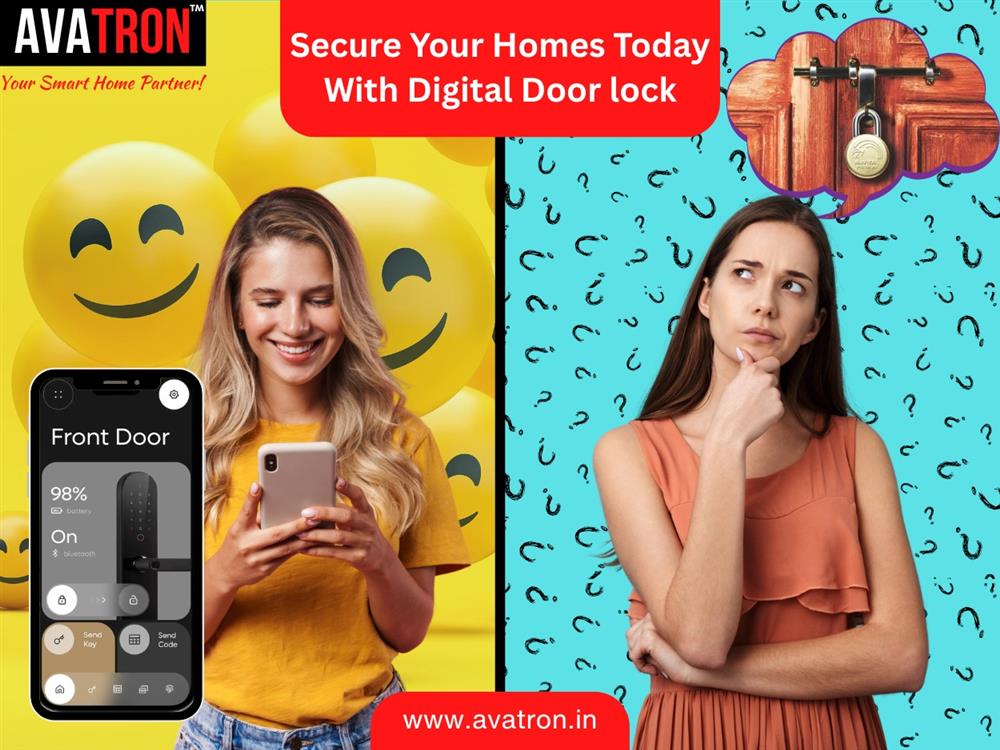
| Feature | Traditional Locks | Smart Digital Locks | |
| 1 | Access Method | Physical key | PIN code, fingerprint, smartphone, RFID, or face recognition |
| 2 | Remote Access | Not possible | Can be accessed and controlled remotely via mobile app |
| 3 | Key Management | Keys can be lost, duplicated, or stolen | Keyless access; digital credentials can be updated or revoked easily |
| 4 | Security Level | Susceptible to picking or bumping | Enhanced encryption, tamper alerts, and advanced authentication |
| 5 | Activity Monitoring | No tracking or history available | Access logs and real-time entry alerts available |
| 6 | Temporary Access Sharing. | Not possible without handing over physical key | Can share limited-time or one-time digital access codes |
| 7 | Integration with Smart Devices | Not compatible | Can integrate with smart home systems, Alexa, Google Home, etc. |
| 8 | Auto-Locking | Manual locking required | Auto-locks after a preset time or when door is closed |
| 9 | Power Source | Mechanical (no power needed) | Battery-powered or wired, low battery alerts included |
| 10 | Aesthetics & Design | Traditional mechanical look | Sleek, modern, and minimalistic digital interfaces |
When it comes to securing your home, both traditional locks and smart locks have their own unique advantages and disadvantages. Let's take a closer look at how they stack up:
The Pros and Cons of Using Traditional Locks
Traditional locks have long been a trusted choice for securing homes and businesses. While they offer simplicity and affordability, they may lack the advanced features modern security systems provide.
| Pros | Cons | ||
| 1 | Familiar and well-understood technology | 1 | Limited control and monitoring capabilities |
| 2 | Relatively inexpensive | 2 | Keys can be lost, stolen, or duplicated |
| 3 | Reliable and durable | 3 | Difficult to grant or revoke access remotely |
| 4 | No need for batteries or internet connectivity | 4 | No integration with smart home systems |
The Pros and Cons of Using Smart Locks
Now that we've explored the key differences between smart locks and traditional locks, let's dive deeper into the pros and cons of using smart locks in your home.
| Pros | Cons | ||
| 1 | Keyless Convenience - No need to carry or manage physical keys | 1 | Power Dependency - Requires batteries or electricity to function |
| 2 | Remote Access - Lock/unlock your door from anywhere via app | 2 | Hacking Risk - Vulnerable to cyber-attacks if not properly secured |
| 3 | Temporary Access Sharing - Grant timed access to guests/delivery | 3 | Higher Cost-More expensive than traditional locks |
| 4 | Enhanced Security - Multi-level authentication (PIN, biometrics) | 4 | Technical Failures - May malfunction due to bugs or software issues |
| 5 | Activity Logs Tracks who entered and when | 5 | Learning Curve - Can be complex for elderly or less tech-savvy users |
| 6 | Modern Aesthetics Sleek, stylish, and space-saving design | 6 | Installation Complexity - May require professional installation |
| 7 | Auto-Locking Feature - Door locks automatically after a delay | 7 | Limited Manual Override - Manual unlocking can be dificult in emergencies |
| 8 | Smart Home Integration - Syncs with Alexa, Google Home, etc. | 8 | Internet Dependency - Some features need stable internet connection |
| 9 | Real-Time Alerts Notifications for unauthorized access attempts | 9 | Compatibility Issues - May not fit all types of doors |
| 10 | Long-Term Investment - Increases home value and tech appeal | 10 | Battery Maintenance - Needs periodic battery checks and replacement |
Choosing the Right Smart Lock for Your Home
When selecting a smart lock for your home, there are several factors to consider to ensure you choose the right one for your needs and preferences:
1. Security Features: Look for smart locks with robust security features, such as encryption, multi-factor authentication, and activity logging, to ensure the safety of your home.
2. Connectivity Options: Decide whether you prefer a smart lock that connects via Bluetooth, Wi-Fi, or a combination of both, depending on your home's infrastructure and your connectivity needs.
3. Power Source: Consider whether you want a smart lock that runs on batteries or one that is hardwired into your home's electrical system, and factor in the potential maintenance and replacement costs.
4. Integration with Smart Home Ecosystems: If you have an existing smart home setup, make sure the smart lock you choose is compatible with your preferred smart home platform, such as Apple HomeKit, Amazon Alexa, or Google Assistant.
5. Design and Aesthetics: Smart locks come in a variety of styles and finishes, so choose one that complements the overall look and feel of your home.
6. Ease of Use: Prioritize smart locks with intuitive, user-friendly interfaces and features that cater to your specific needs and preferences.
7. Reputation and Reviews: Research the brand and read reviews from other users to ensure you're investing in a high-quality, reliable smart lock.
Common Questions About Smart Locks
Q: What if my phone battery dies?
Most smart locks have backup entry options: PIN pads, backup physical keys, or even fingerprint scanners. Battery running low? The smart lock usually gives warnings well in advance.
Q: Are smart locks really secure?
A well-made smart lock is as secure—or more so—than a traditional lock. The biggest risk is weak passwords or outdated software. Always use strong credentials and keep devices updated.
Q: Can smart locks be hacked?
Like any connected device, there's risk. Reputable brands use encryption and security best practices. Always buy from trusted manufacturers.
Q: What happens during power outages?
Most smart locks run on batteries and remain functional during outages. The app or Wi-Fi features may be temporarily unavailable until power returns.
Q: Is It Worth the Money?
Think in terms of time saved, convenience, and peace of mind. For many, these outweigh the higher upfront cost.
Future Trends - What’s Next for Smart Locks?
1. Biometric Advancements: Expect more reliable fingerprint and facial recognition.
2. Deeper Integration: Smart locks will work even more seamlessly with home security systems, lights, and more.
3. Voice and Gesture Control: Imagine unlocking your door with a wave or a voice command—even from your smartwatch.
4. Improved Battery Life: Newer locks will last longer and be even easier to maintain.
5. Enhanced Security Protocols: As cyber threats evolve, so will smart lock defenses.
Conclusion: The Key to Modern Living
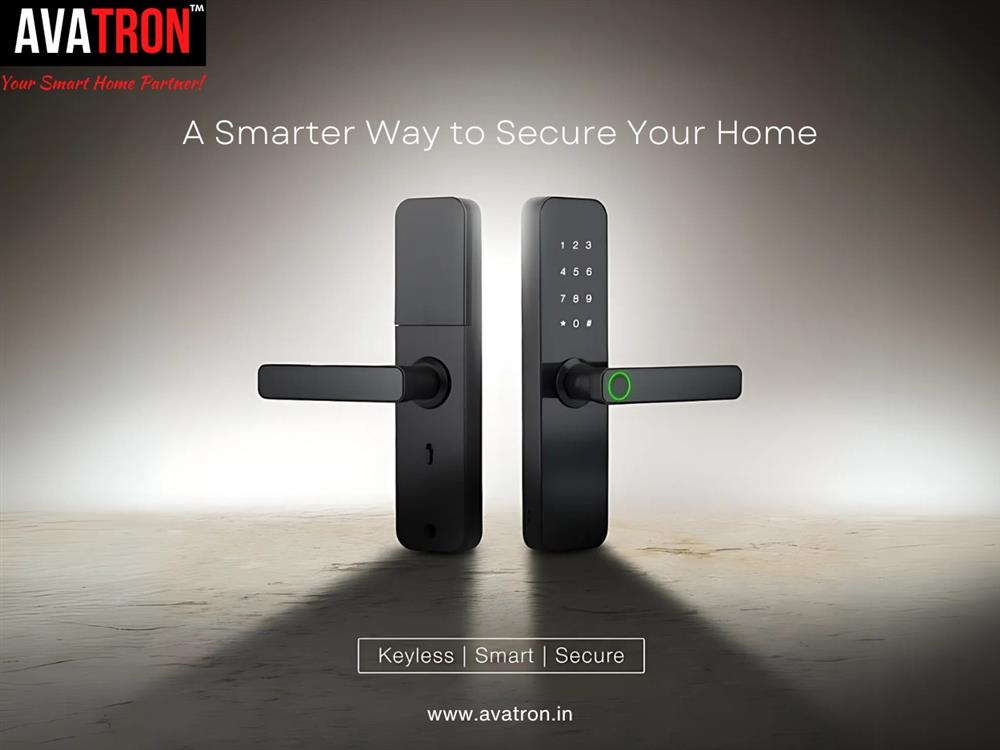
The smart lock is more than a gadget; it’s a reflection of how our lives are changing.
As the smart home revolution continues to gain momentum, the adoption of smart locks is becoming increasingly essential for homeowners who value convenience, security, and control, gaining new ways to manage your home, keep your loved ones safe, and simplify your daily routine. By understanding the benefits and potential drawbacks of smart locks, you can make an informed decision about Are smart locks perfect? Whether they are the right choice for your home.
By carefully considering your needs, preferences, and the available options on the market, you can unlock the future of home security and convenience with a smart lock that perfectly fits your lifestyle.
So are you ready to take the next step in home security?
Share your thoughts, concerns, or experiences with smart locks in the comments below. What questions do you still have about smart locks? Would you consider making the switch? Let’s discuss and help each other unlock smarter living, together.

